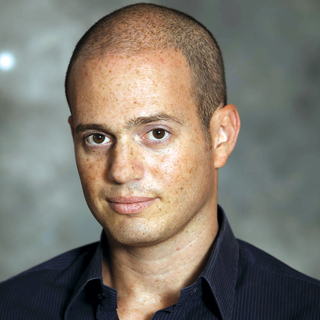
This year the shingles vaccine (trade name: Zostavax) turns 10. While the Centers for Disease Control and Prevention recommends the shingles vaccine for all people over the age of 60, healthcare professionals aren’t in agreement about the vaccine’s necessity.
In our recent analysis of online conversations about the shingles vaccine, we found many seniors relied on their personal experiences and biases in order to form an opinion. Those opinions often led to a decision about the vaccine that was based on feelings, not facts.
Additionally, people who search health forums for information about the shingles vaccine are often caught in the crossfire of the never-ending debate over the efficacy and safety of vaccines in general.
Among online commenters who had received the vaccine, we found that 25% were in favor of it, 6% were against it and 28% were neutral. Among those who had not received the vaccine, 22%, 27% were against it and 35% were neutral.
Notably, the percentage of commenters who were against the shingles vaccine was much higher among non-recipients. These were people who were skeptical of all vaccines. They believed that vaccines trigger the illnesses they are supposed to protect people from and represent a conspiracy on the part of the pharmaceutical industry.
In the pro-shingles vaccine camp, people saw getting the vaccine as a form of social responsibility. They had read reports of outbreaks and wanted to protect themselves and others. Interestingly, there were commenters in this group who received the shingles vaccine even though they were normally against vaccines. Why? They knew people who had been infected with shingles and had difficult experiences with the illness.
People who had not received the shingles vaccine and fell into the “neutral” camp personified the greater confusion among seniors about the shingles vaccine. This subset discussed concerns about the vaccine’s efficacy and wondered whether or not it was appropriate for people who had already had shingles or had never had chickenpox. They worried that getting the vaccine meant that they could potentially infect others (“I have heard you shouldn’t be around babies for 6 weeks after getting vaccinated”). They were unclear on whether their insurance covered the shingles vaccine and how much it would cost if it wasn’t covered.
We discovered that fear of shingles is particularly high among seniors with autoimmune disorders or other diseases that weaken the immune system like leukemia. These people encountered physicians or pharmacists who weren’t aware that because of their conditions, they shouldn’t get the shingles vaccine. These patients are seen advising each other that they shouldn’t get the vaccine unless they stop their current treatment. In particular, patients are looking for the advice of others with the same autoimmune disorder to see if it was worth it to stop their medication.
Healthcare professionals, including those in long-term care, clearly have an opportunity for education around the shingles vaccine. The disease is contagious, especially in long-term care settings.
Yet the lack of consensus among providers naturally breeds uncertainty among older patients, especially those with compromised immune systems. Going forward, providers should brush up on the latest government recommendations about the shingles vaccines and share this information with long-term care residents and short-term patients. There should be a larger conversation about the cost of the vaccine, so that providers have a better sense of whether their patients are covered. If not, seniors may benefit from vaccine discount programs.
Ido Hadari is the CEO of Treato.




